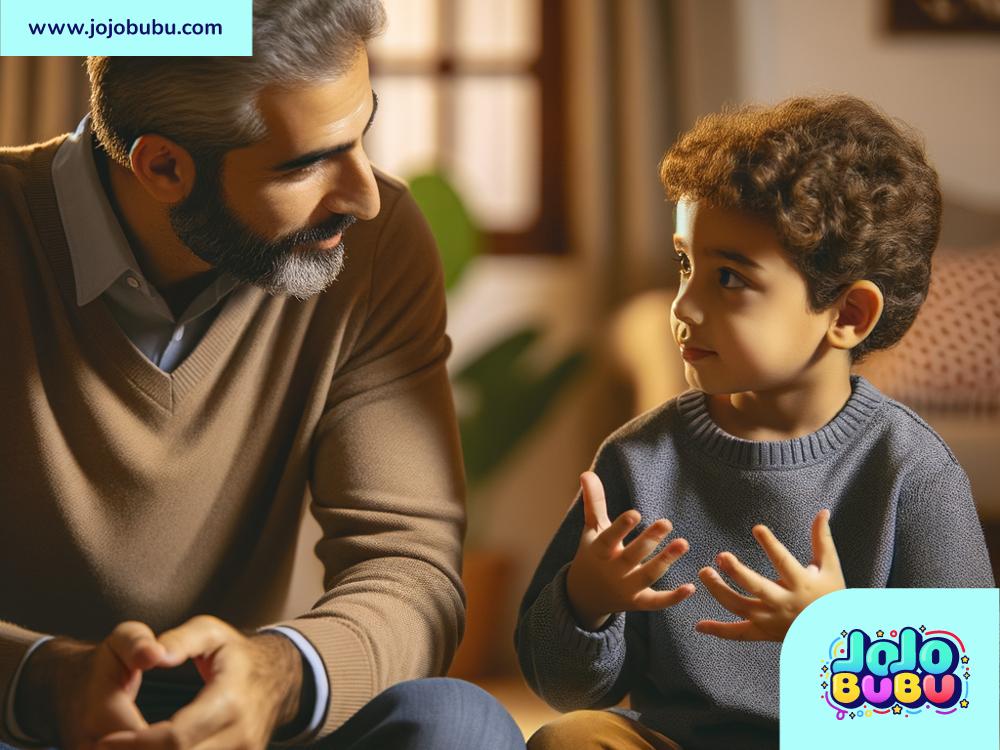The Power of Listening Without Judgment
Listening is one of the most important skills we can develop in life. It helps us connect with others, build strong relationships, and better understand the world around us. But listening isn’t just about hearing what someone says. True listening requires empathy, patience, and most importantly—listening without judgment.
What does “listening without judgment” mean? It means paying attention to someone’s thoughts, feelings, and experiences without jumping to conclusions, criticizing, or trying to give advice immediately. It means accepting their words as they are and letting them be heard without making them feel like they’re being judged. This kind of listening is rare, but it’s incredibly powerful.
Why Listening Without Judgment Matters
In our daily lives, many of us talk more than we listen. When we do listen, we’re often distracted or thinking of what we’re going to say next. Sometimes, we interrupt or even dismiss what others are saying because we don’t agree. Judgment can easily creep into conversations, creating barriers between us and the people we love and care about.
Listening without judgment matters because it gives people a safe space to express themselves. When someone feels they’re being heard and understood, they’re more likely to open up, be honest, and trust the person they’re talking to. It can help them feel valued and supported, especially in moments when they’re struggling or vulnerable.
Think about a time when you really needed someone to listen to you, but they ended up interrupting you, giving advice you didn’t ask for, or criticizing what you said. How did that make you feel? Probably frustrated or shut down. Now think about a time when someone simply listened and made you feel understood. Didn’t that moment feel calming and supportive? That’s the magic of listening without judgment.
The Challenges of Listening Without Judgment
Listening without judgment isn’t always easy. As humans, we naturally form opinions, assumptions, or reactions based on our own experiences and beliefs. When someone says something that we disagree with or don’t understand, we might instantly want to respond, correct, or argue. It’s common to think we’re helping by giving advice, but sometimes, all the other person needs is for someone to hear them—without offering solutions or criticisms.
Another challenge is our own emotions. If someone shares something that’s upsetting or stressful, we might feel uncomfortable or overwhelmed. Instead of being fully present, we might unintentionally judge or try to shut the conversation down. Overcoming these challenges requires practice, patience, and self-awareness.
How to Practice Listening Without Judgment
The good news is that listening without judgment is a skill that you can work on and improve. Here are some simple tips to help you get started:
-
Be Fully Present: Put away distractions like your phone or other devices. Focus entirely on the person speaking. Make eye contact, and show that you’re engaged in the conversation.
-
Validate Their Feelings: Instead of dismissing their emotions, let them know it’s okay to feel the way they do. You can say something like, “I can see why that would feel really stressful,” or “That sounds like it’s been difficult for you.”
-
Avoid Interrupting: Let the person speak without jumping in or cutting them off. Even if you’re eager to say something, give them time to share everything they’re feeling first.
-
Don’t Assume or Judge: Try not to form opinions about what they’re saying. Even if you disagree, remember that this conversation is about their experience, not yours.
-
Ask Questions to Understand: If you’re unsure about something they’re sharing, ask gentle, open-ended questions. For example, “Can you tell me more about that?” This shows curiosity without judgment.
-
Resist the Urge to Fix Things: Sometimes, we want to give advice or solve problems, but that’s not always what the person needs. Instead, ask them what support they’d like, or simply be present as they talk.
-
Practice Empathy: Put yourself in their shoes. Try to imagine how they’re feeling, and respond with kindness. Even a simple phrase like “I hear you” can make them feel validated.
The Benefits of Listening Without Judgment
When you listen to someone without judgment, you deepen your connection with them. They feel respected, cared for, and understood, which builds trust and strengthens your relationship. Listening in this way can also make the speaker feel less alone, especially during tough times.
For you, the listener, this practice develops empathy and patience. You become better at understanding others and less quick to jump to conclusions. It can enrich your communication skills and even help you grow emotionally.
Closing Thoughts: Listening Is a Gift
Listening without judgment is one of the greatest gifts you can give someone. It lets them feel heard, valued, and supported. In a world where people are often too busy or distracted, offering someone your full attention and empathy makes a big difference.
Remember, you don’t have to agree with everything someone says to listen to them without judgment. The goal isn’t to fix their problems or decide if they’re right or wrong—it’s simply to hear them and be there for them. So, the next time someone wants to talk, pause, listen, and hold back any judgment. You might be surprised at how much this practice can improve your relationships and brighten someone’s day.

